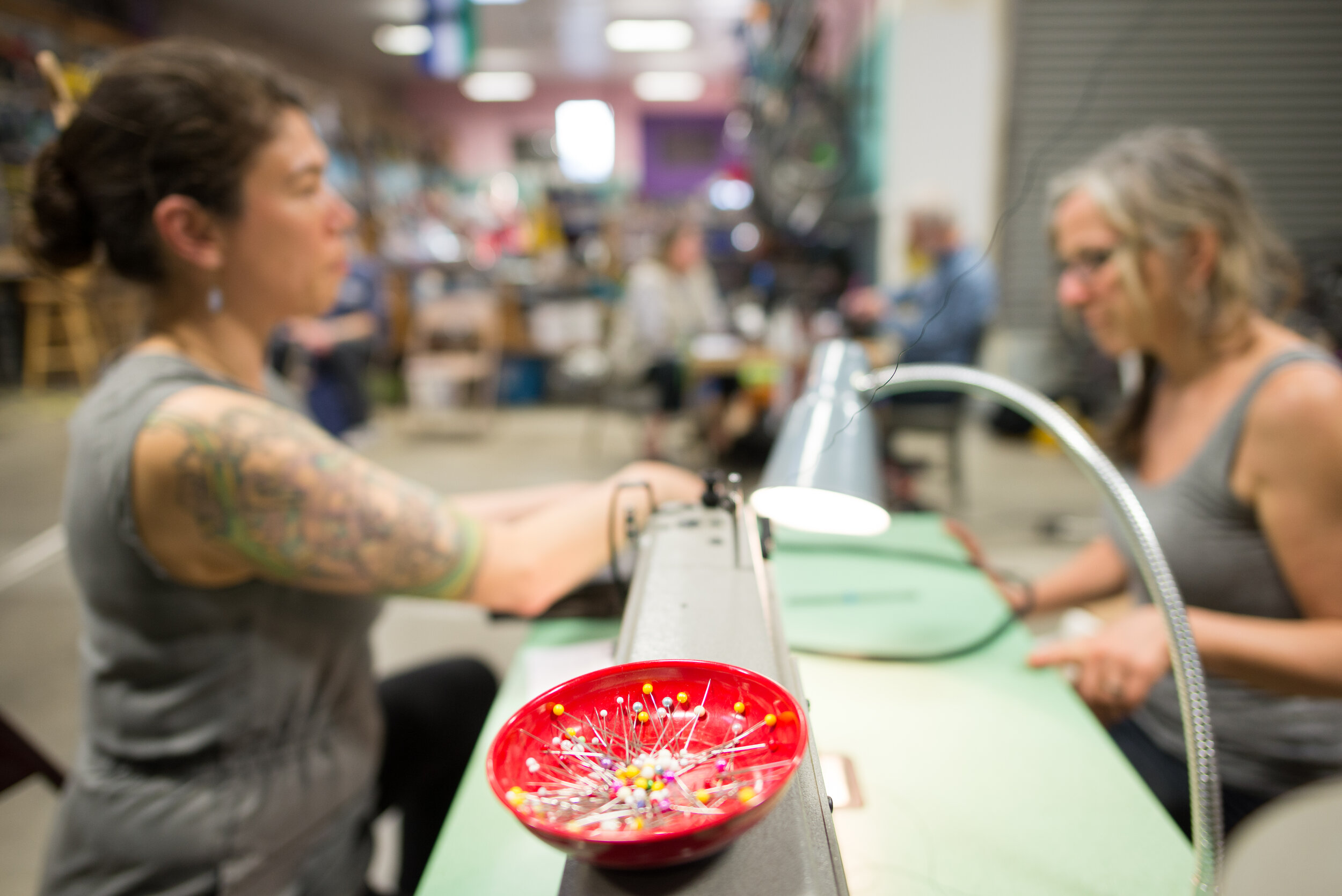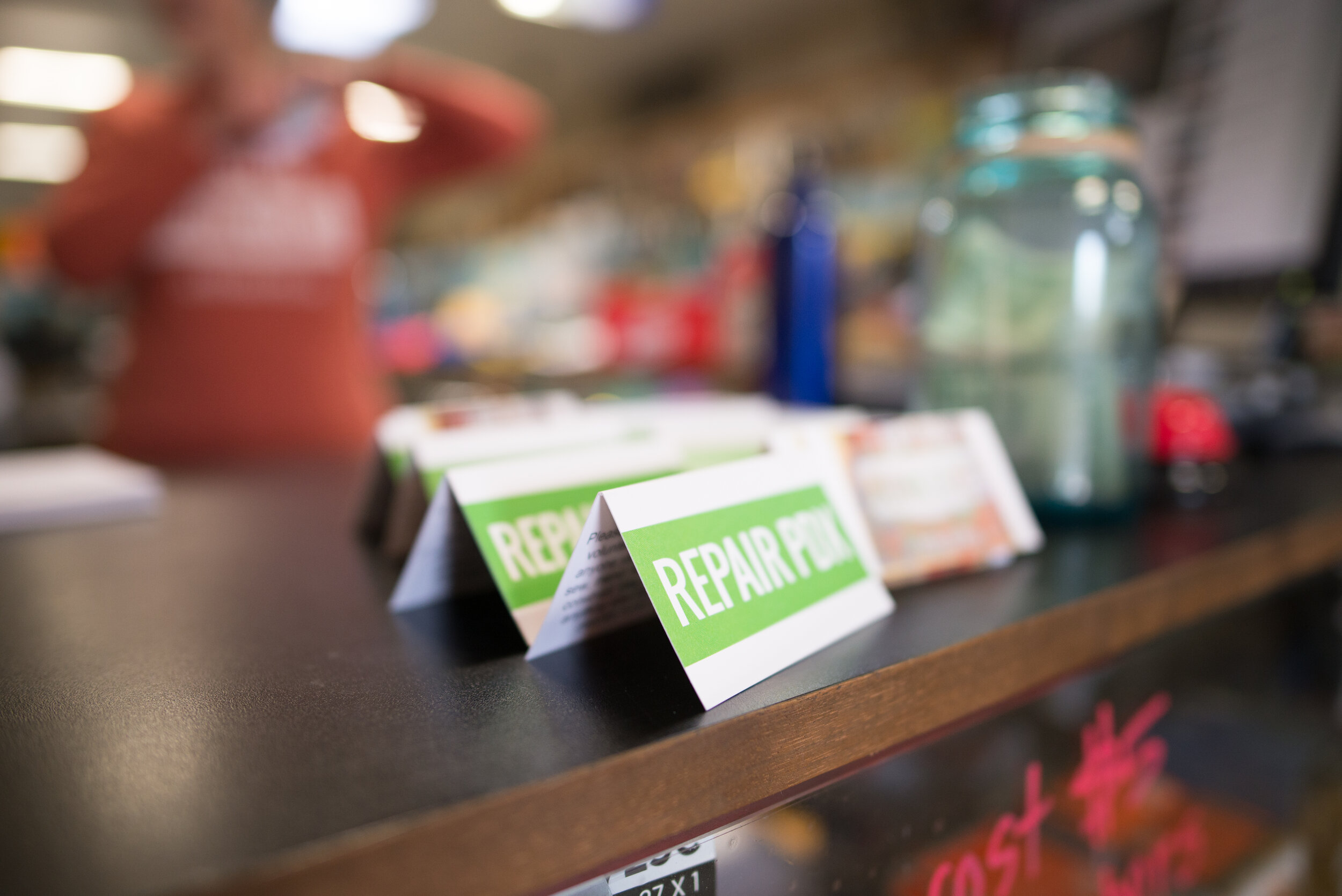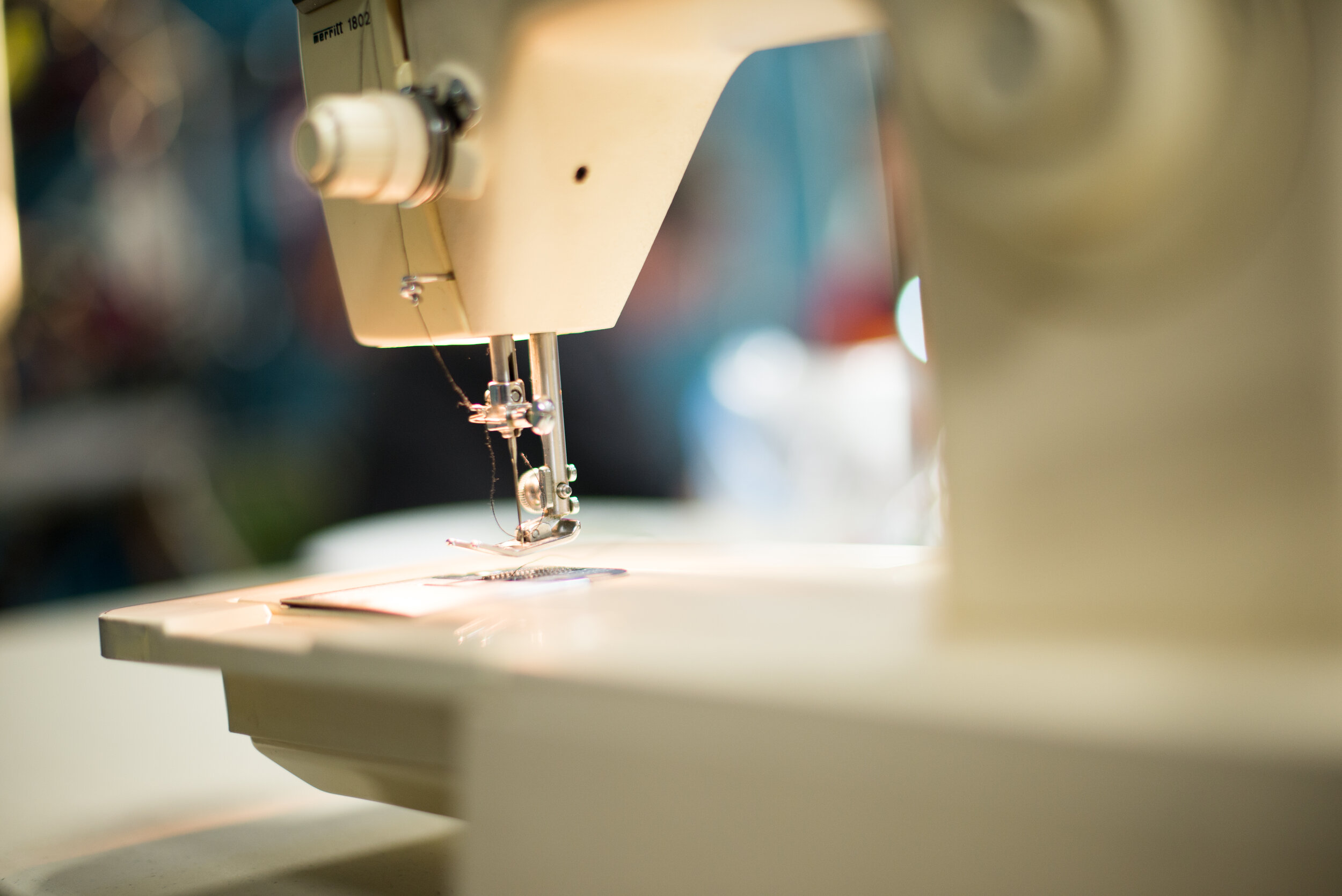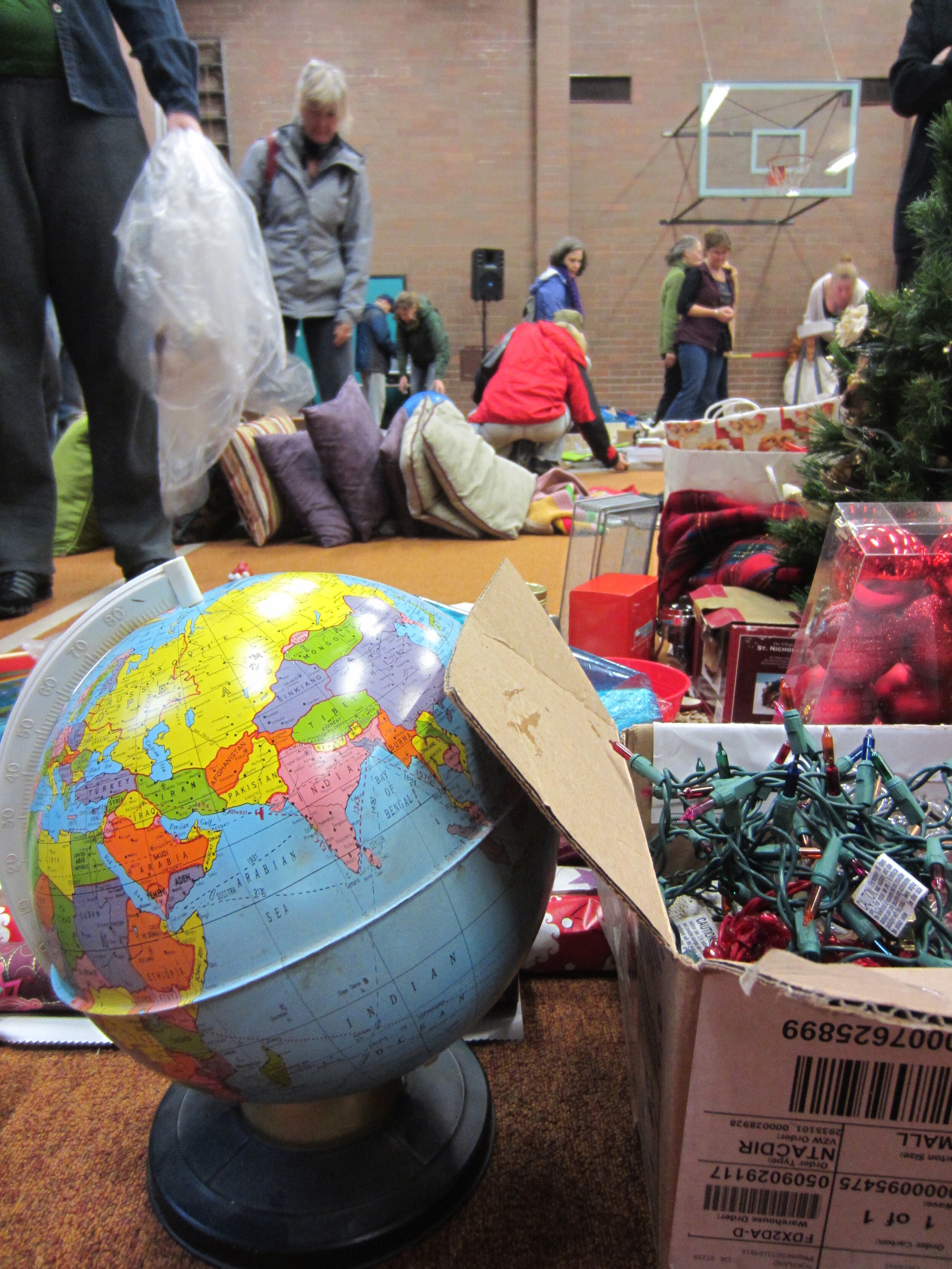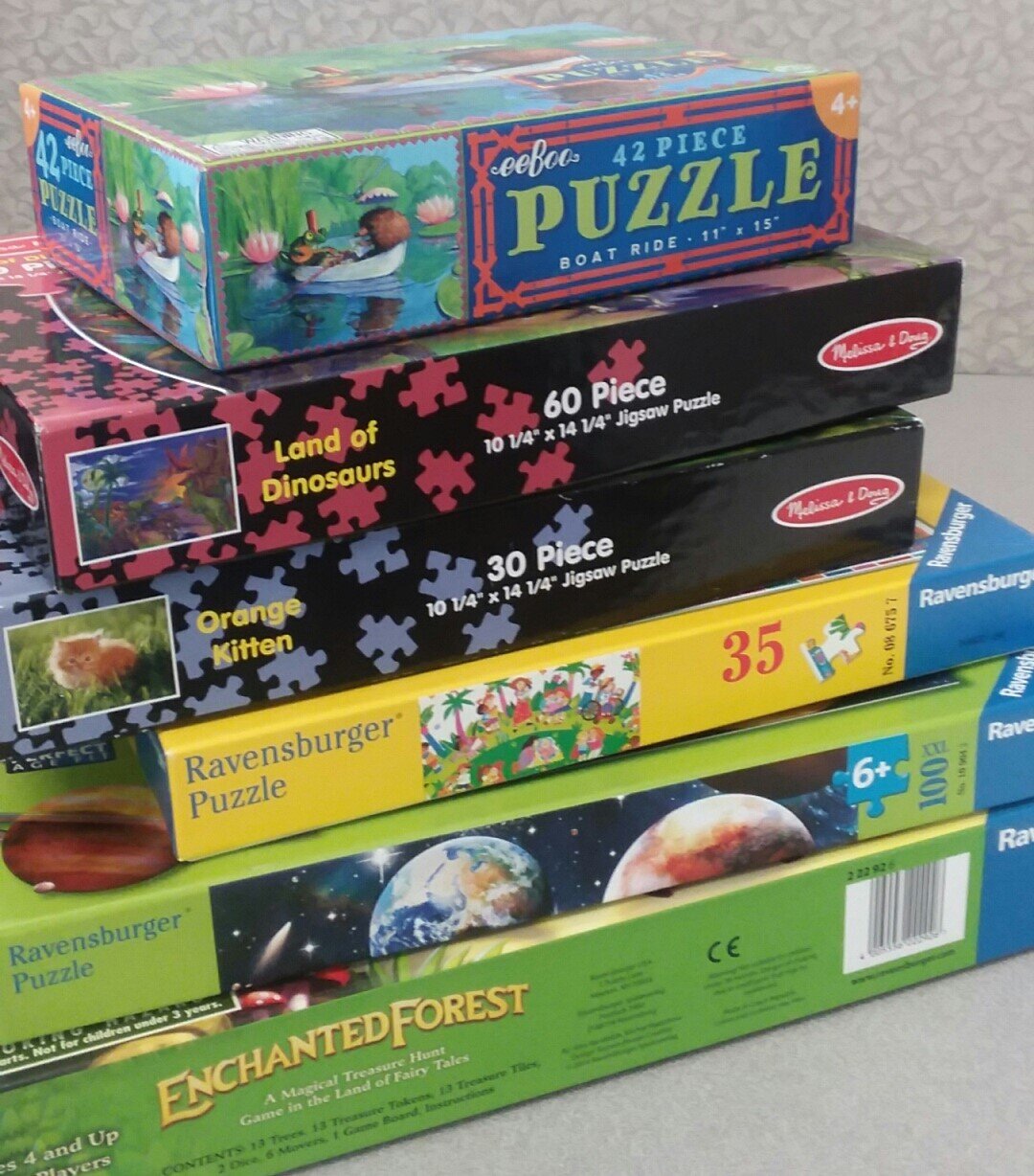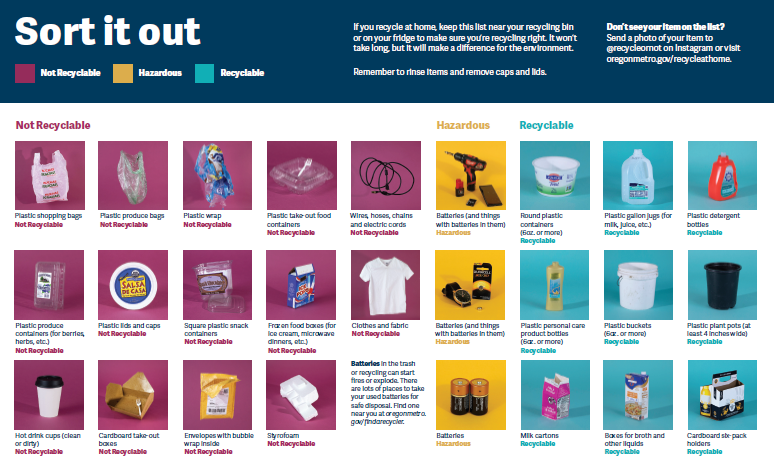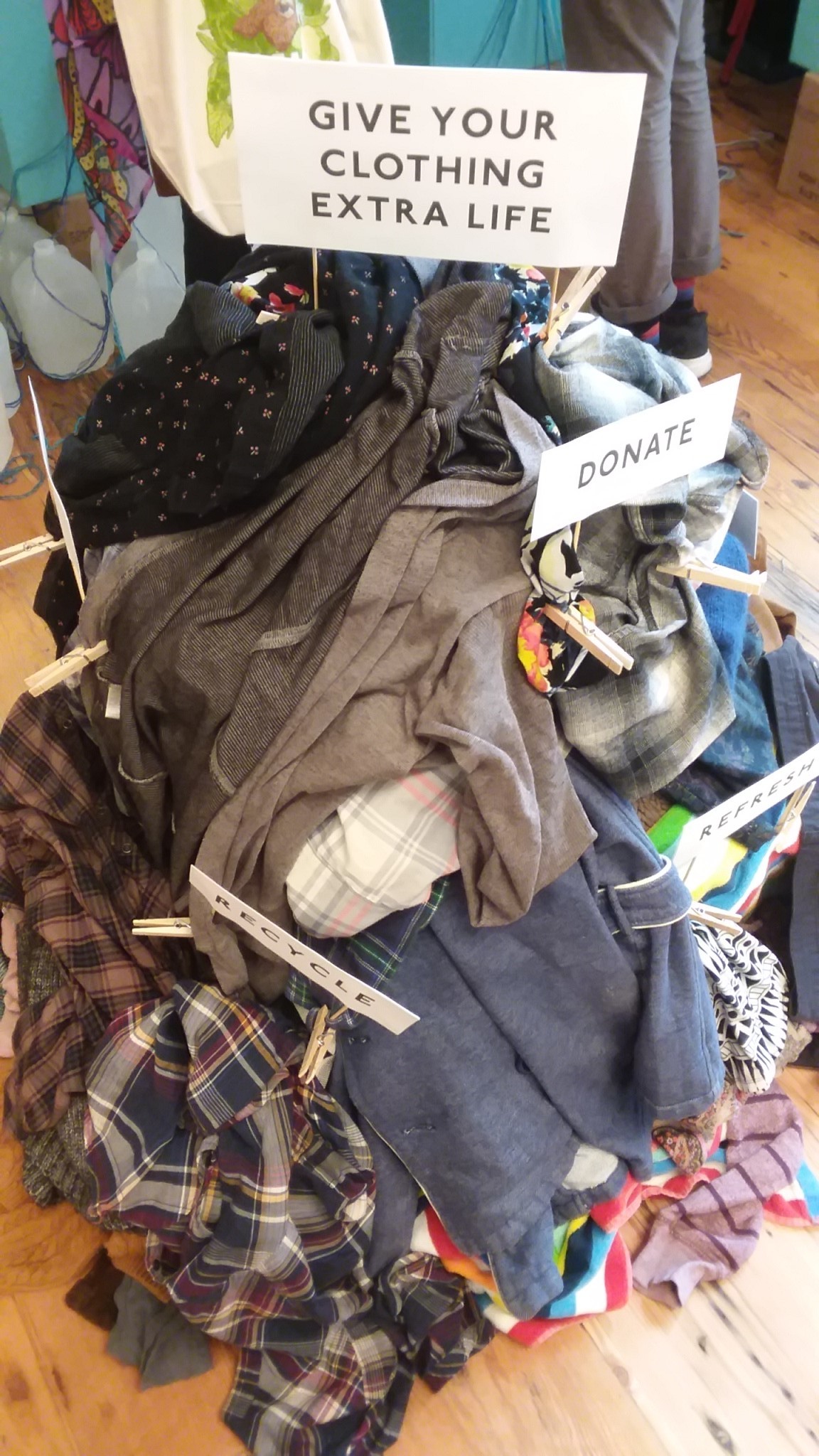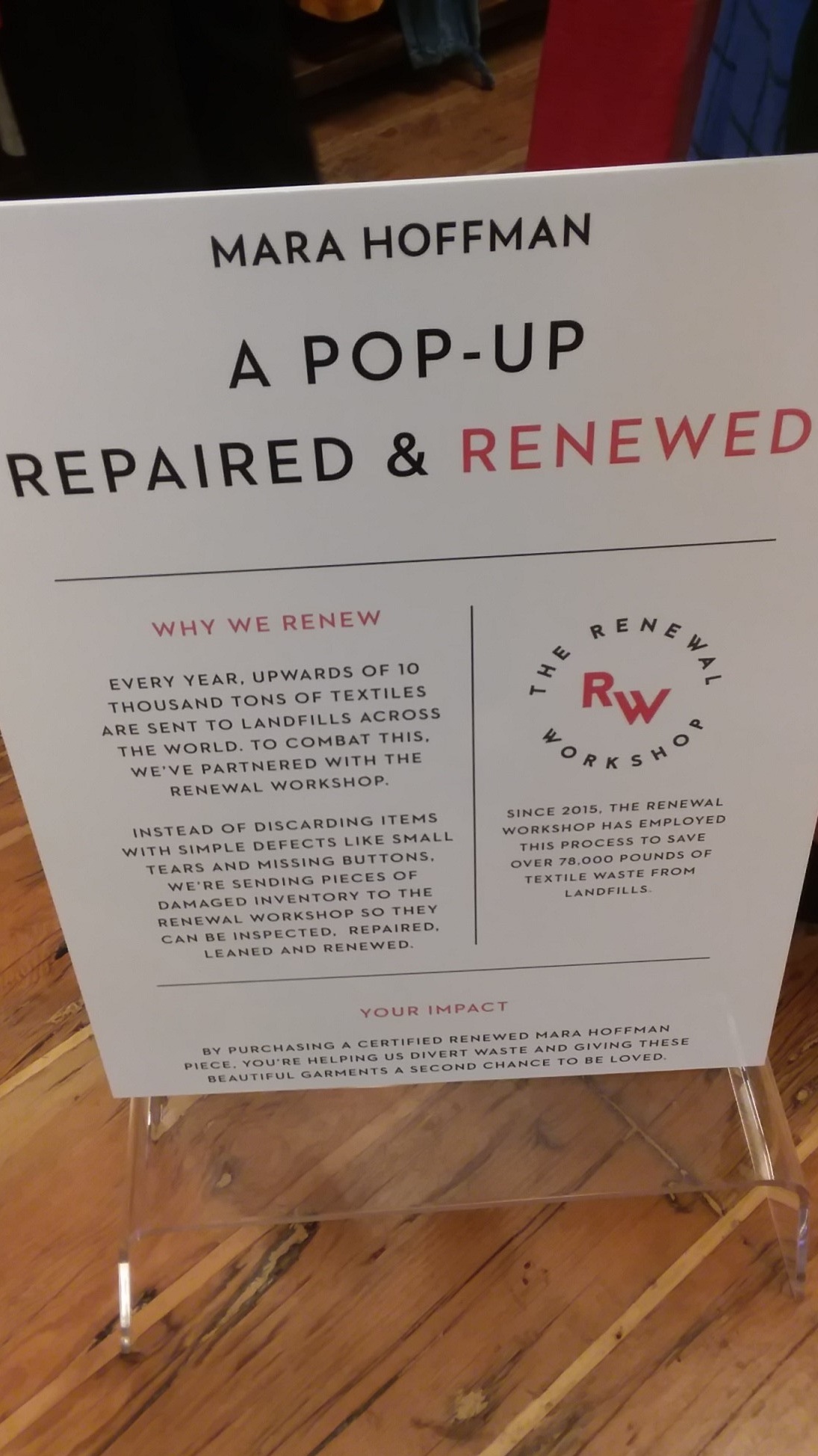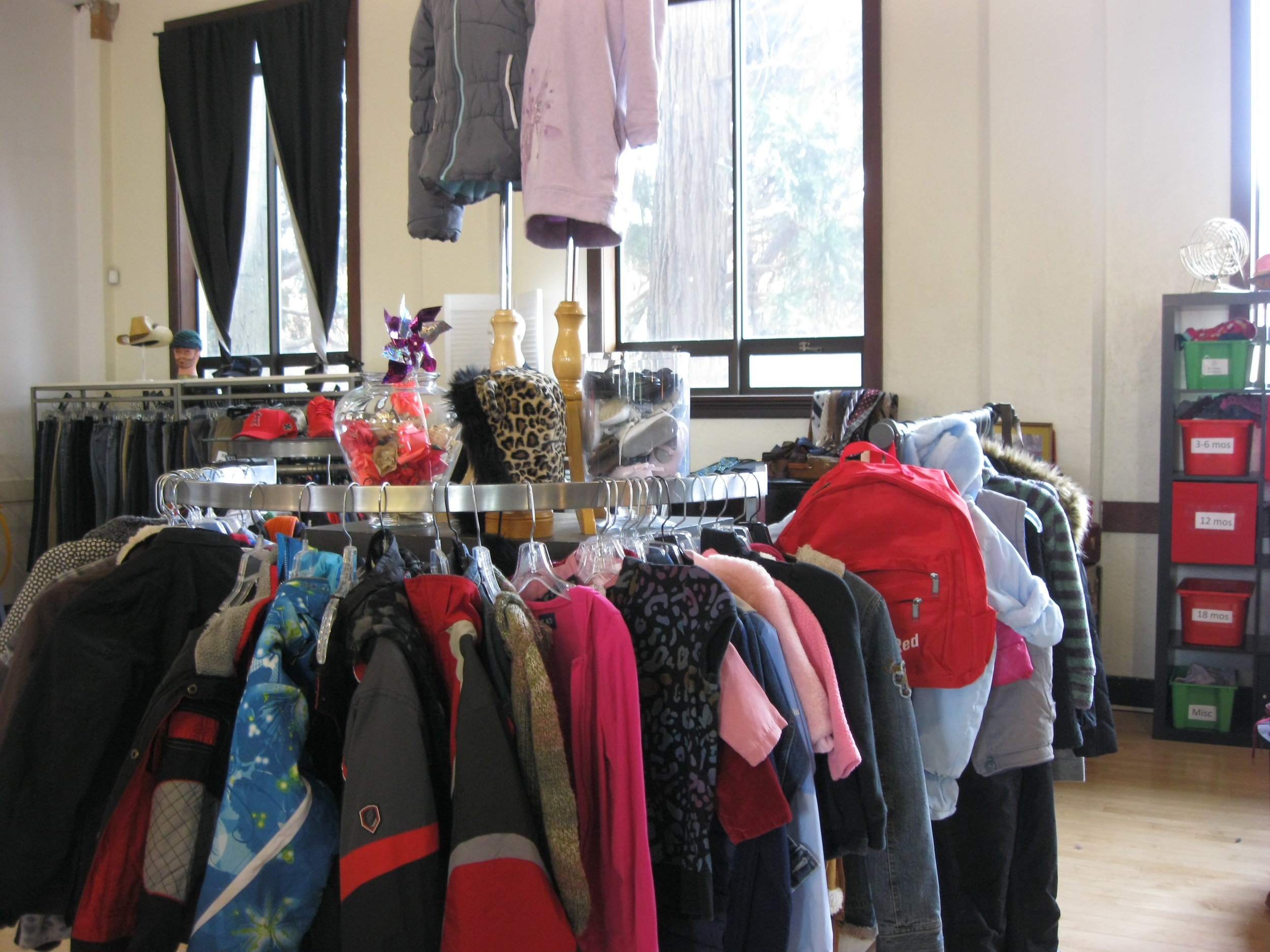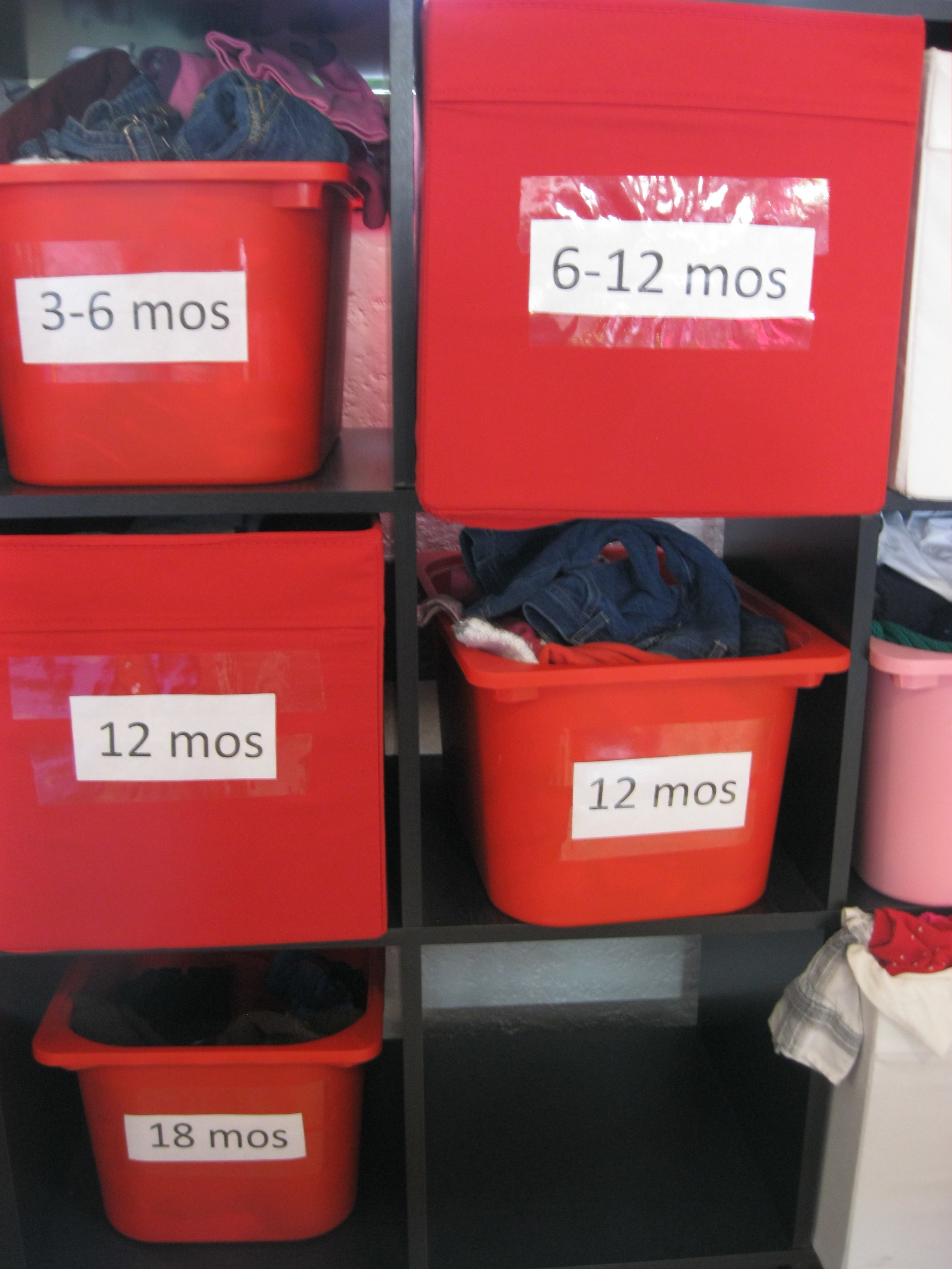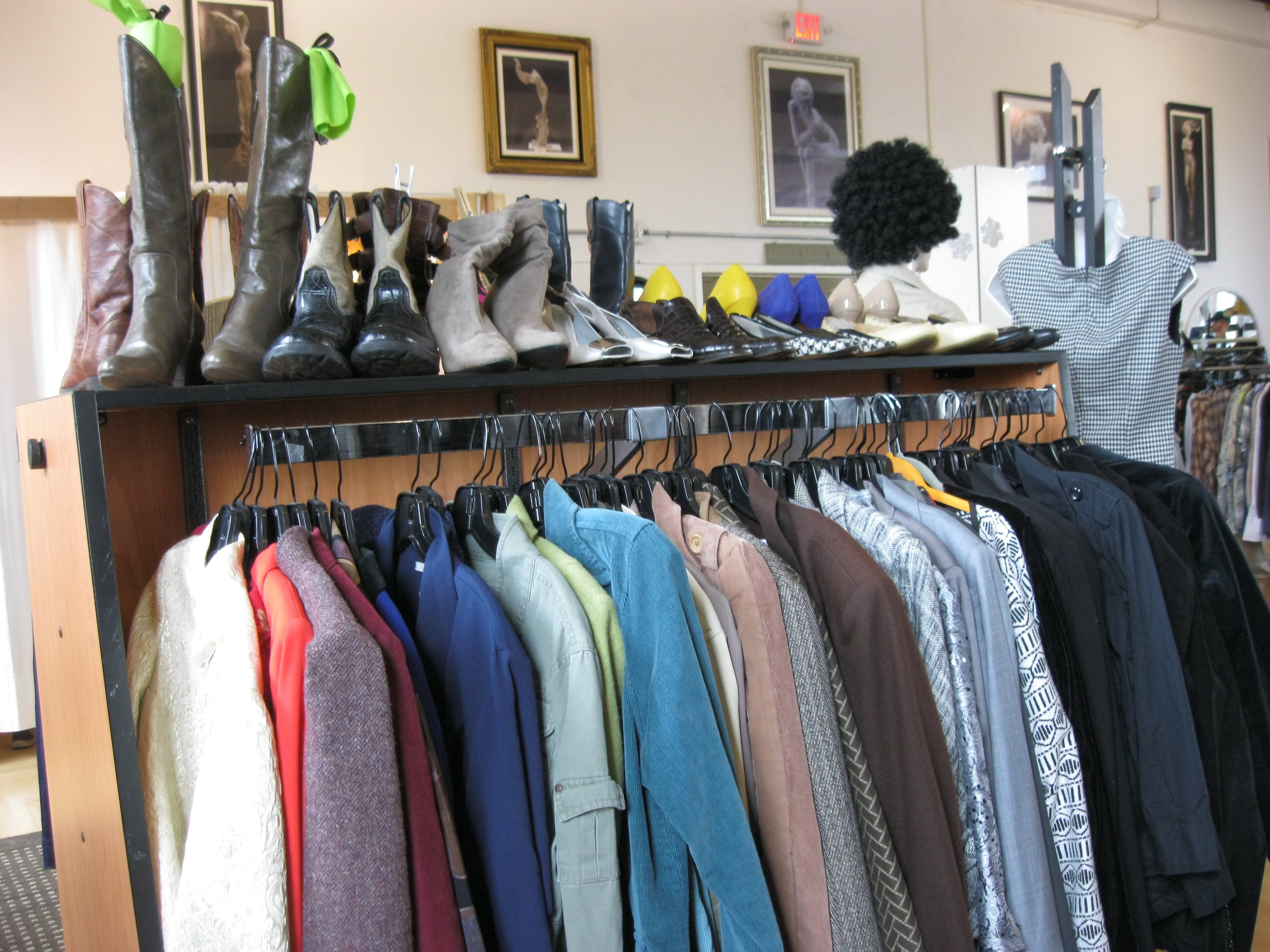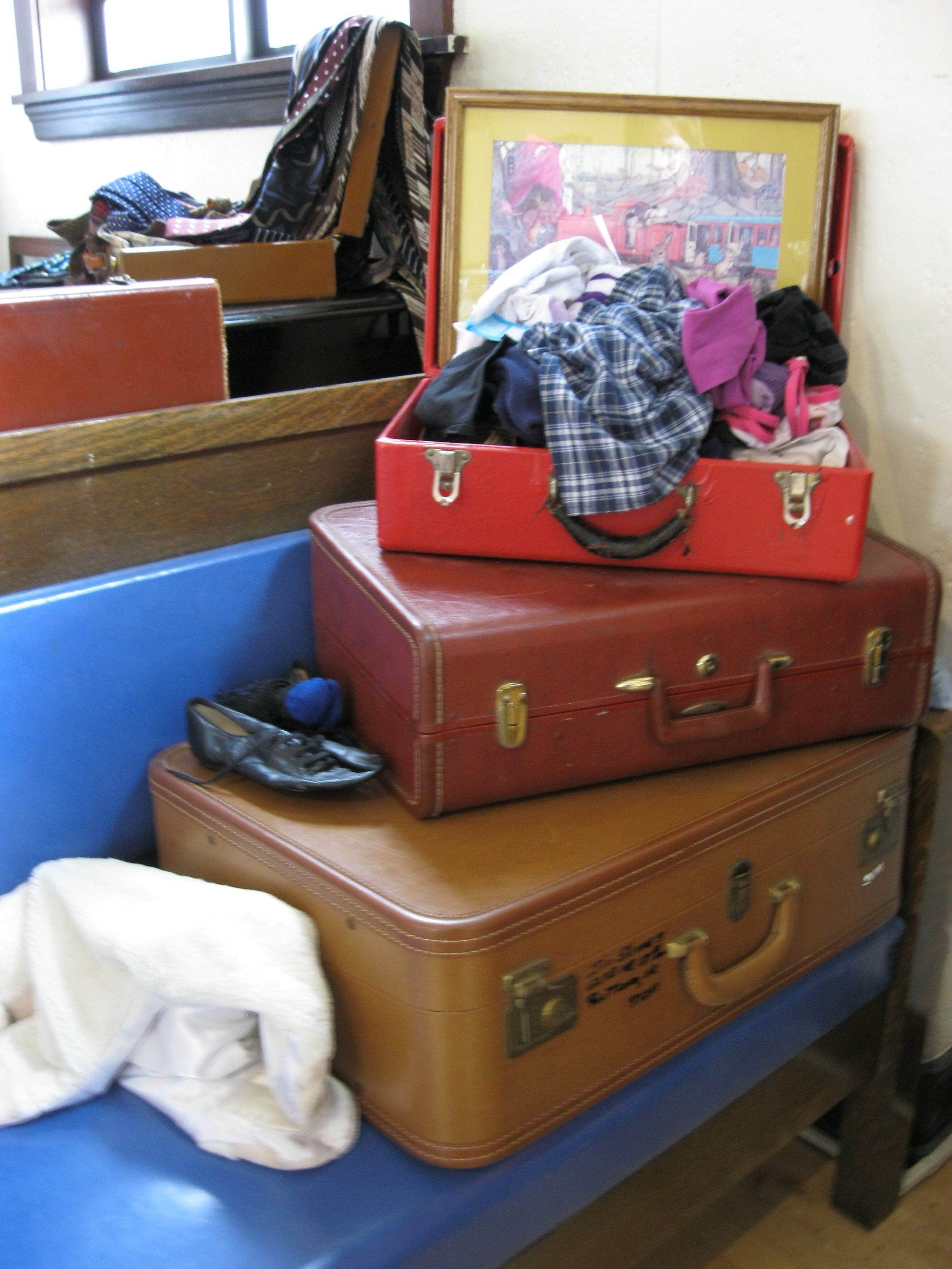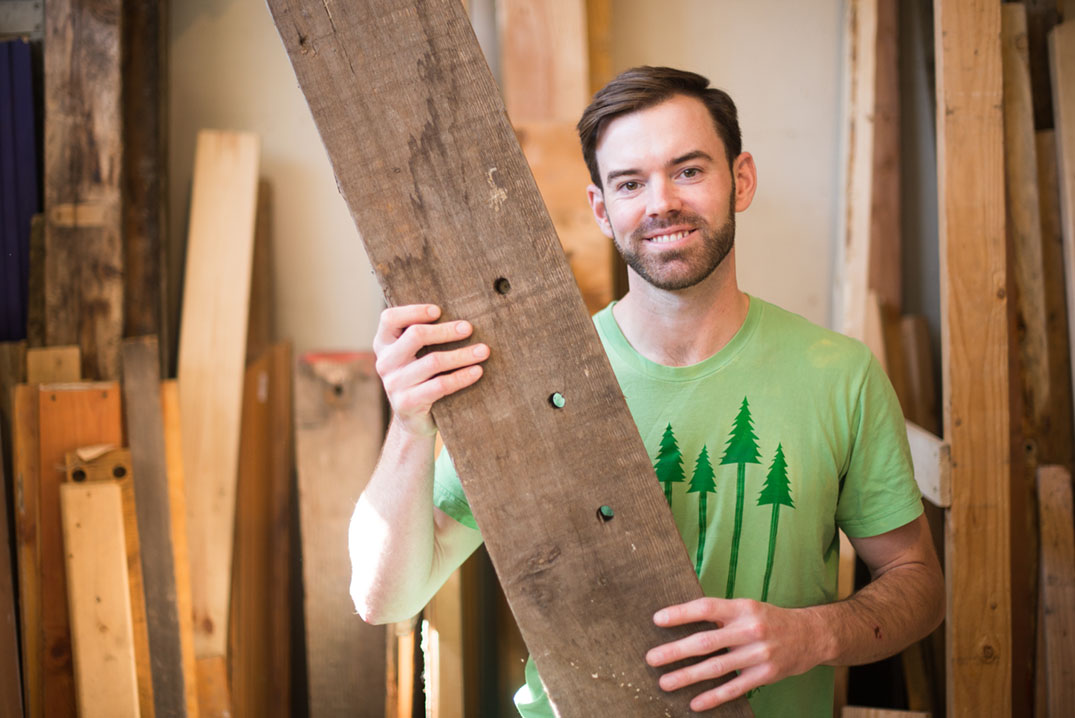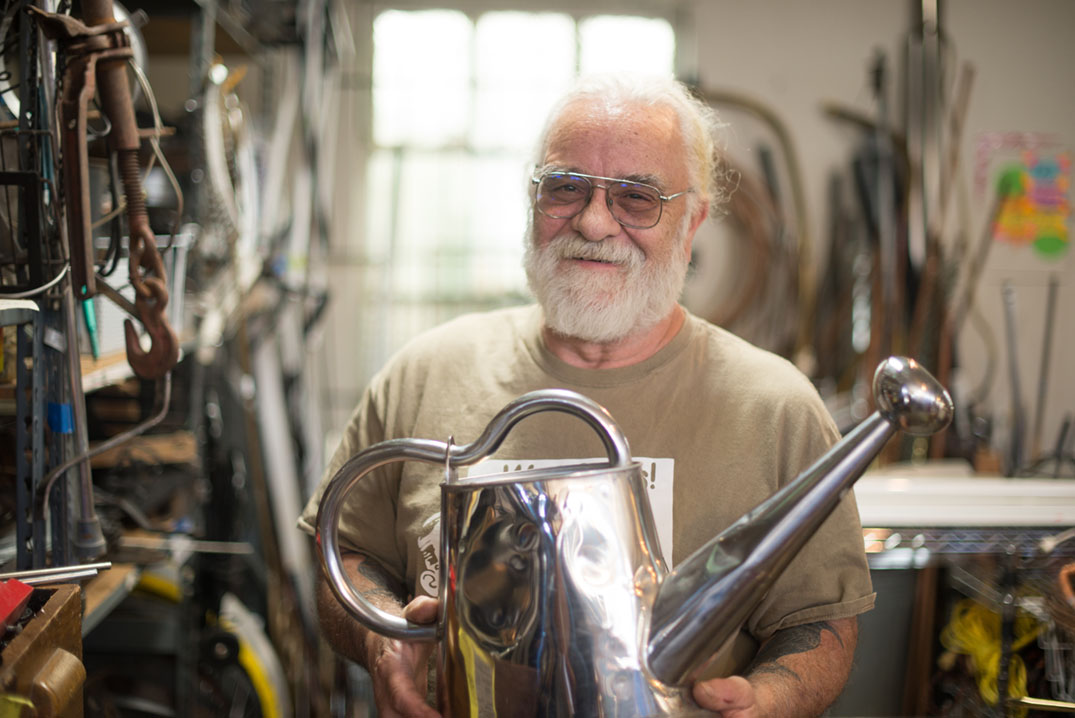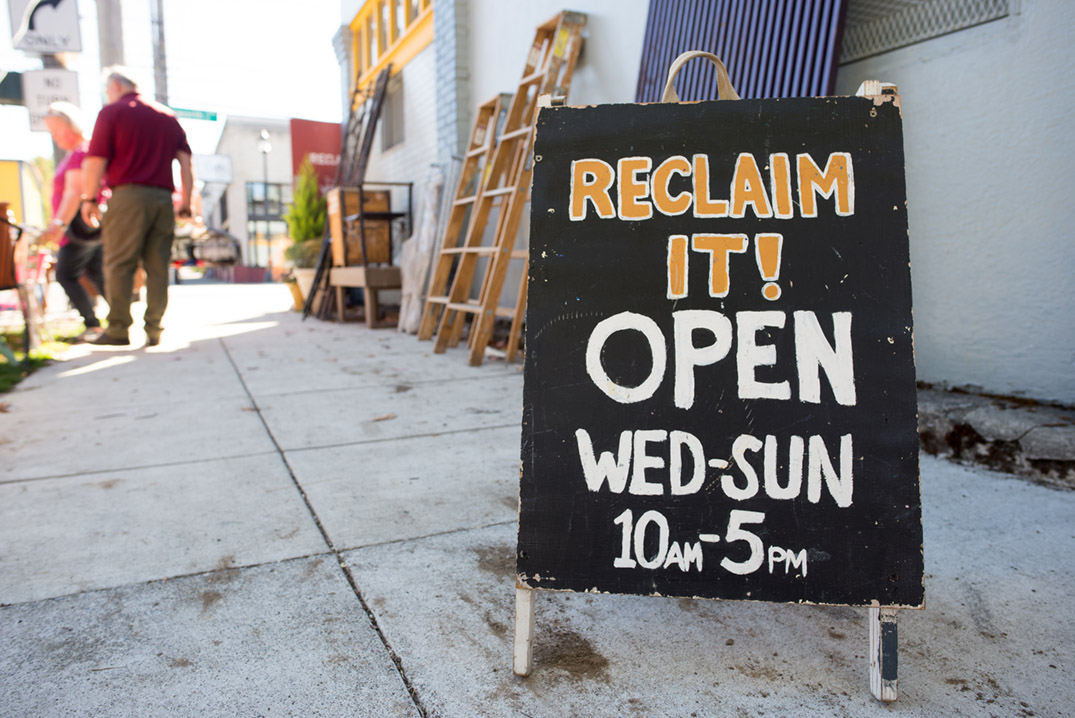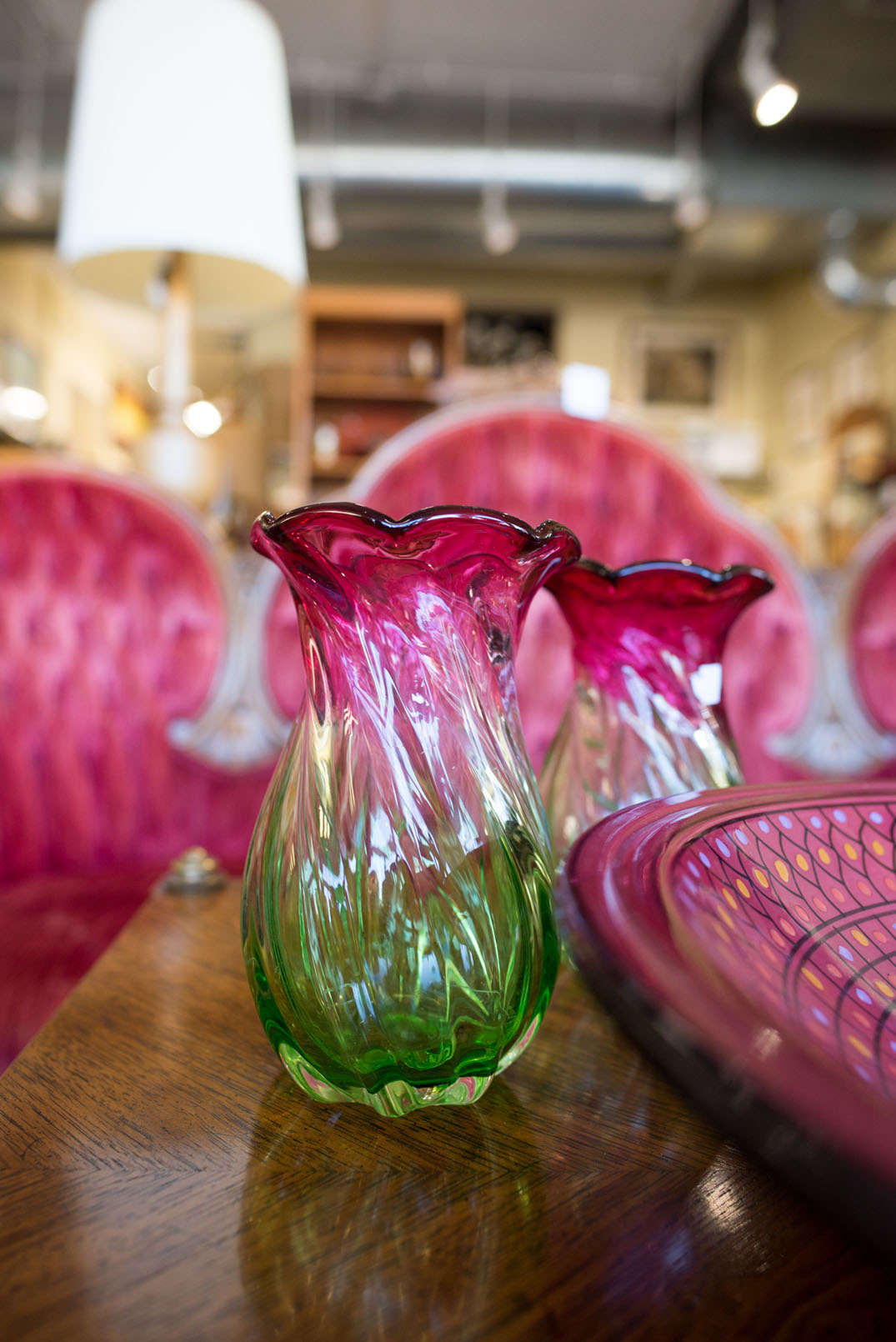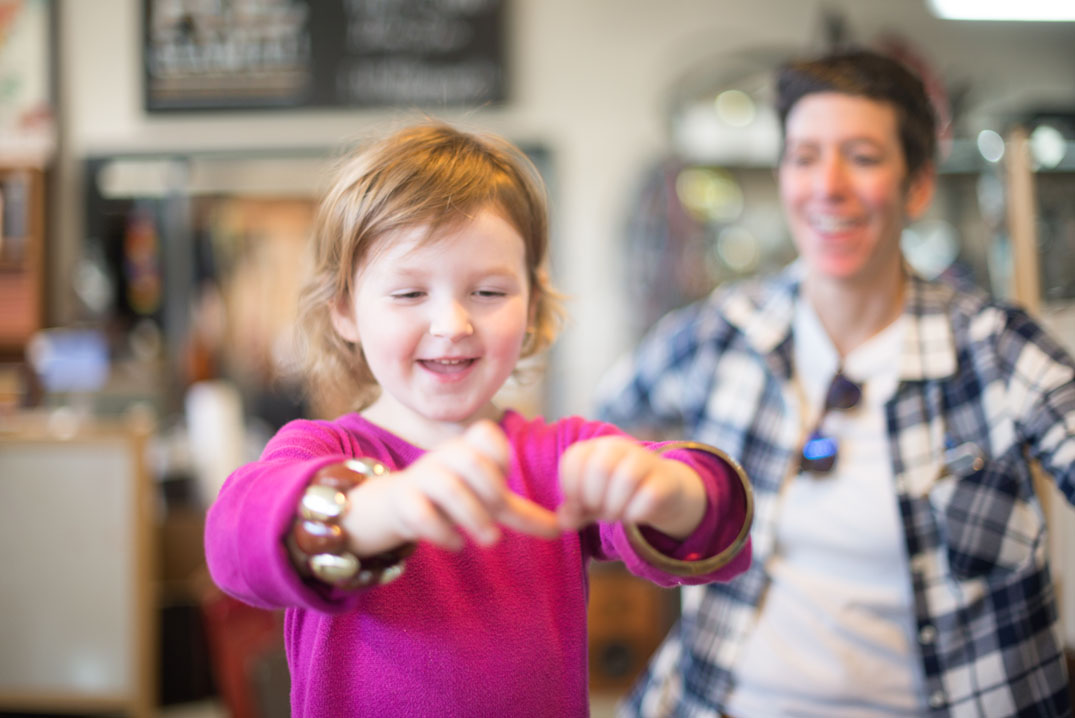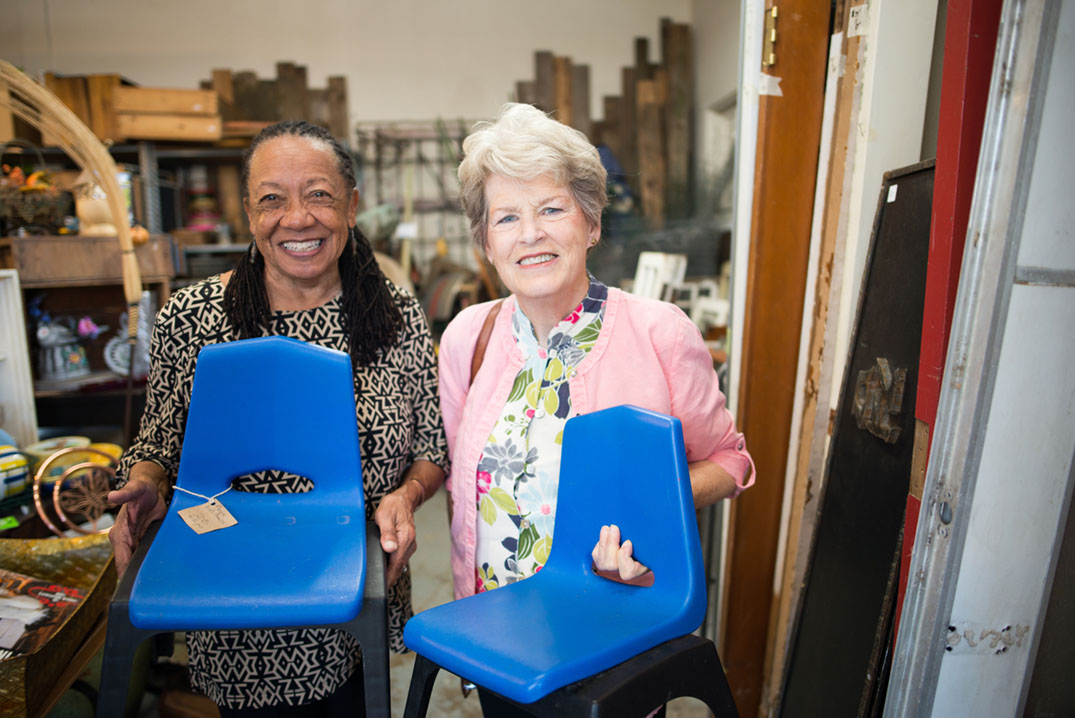Resourceful PDX has existed in its current format for the last six years. In that time, there has been a lot of information shared, questions answered and resources that have come and gone.
The top posts from Ideas and Tips followed trends with similar themes: share, repair and DIY.
Sharing stuff for free
Portland residents are interested in sharing items they no longer need or want – and getting things for free through swapping and reusing.
The most popular post and how many people find out about Resourceful PDX is through Rooster. Rooster is a community of neighbors who share resources at no cost. It’s about borrowing things you need—and making rewarding connections in the community.
Other community resources that offer free options include:
PDX Free Store is like a rummage sale except everything is free - clothes, housewares, music, toys and games. Bring clean, working items to donate, and take items you need.
Swap Positive offers clothing and accessory swaps around the Portland region, plus offer annual spring and holiday events.
Freecycle is a grassroots movement committed to a sharing economy and helping people give and gain cool free stuff. It promotes reuse and keeping usable items out of landfills.
Buy Nothing Project members post anything you’d like to give away, lend or share. It is neighborhood- and Facebook-based, focused on items you’d like to borrow or acquire, at no cost, from neighbors.
The repair movement is strong
Free repair events, open to the public, took off with Repair PDX in 2013. Now events take place all over the Portland region every month, where people bring broken items to be fixed. Items like small appliances, bikes and clothing are repaired by volunteers who give their time and talents to help anyone keep their items in use longer. Some bring in items that are nostalgic, others for economic or environmental reasons.
Repair PDX by the numbers:
· Helped 2,665 people
· Sharpened 404 tools and knives
· Looked at 1,629 small appliances
· Sewed 1,212 items
· Worked on 219 bikes
Portland Repair Finder includes a variety of ways to fix and maintain existing goods, including shoes. The post ‘With a little TLC, your shoes will love you back’, continues to be one of the most popular.
In the next decade, we may be digging into the Right to Repair. State legislation for owners to be able to repair their own things – from electronics to farming equipment – is taking off in other states and Oregon is among them.
Do-It-Yourself (DIY)
From forging your own knife to learning to make a cutting board, creating, making and learning to DIY is widely popular.
The ReBuilding Center Open Shop is filling a gap in the community maker space since options have come and gone over the years. Become a member to use tools and equipment or take one of many classes they offer.
Or grab your friends and book time at the DIY Bar in North Portland.
As a reminder, there is always the Resourceful PDX map, available to show residents where to find all the community resources to continue to reuse, repair, donate, lend and swap.
Contact us in the new year to share ideas, resources or questions.



